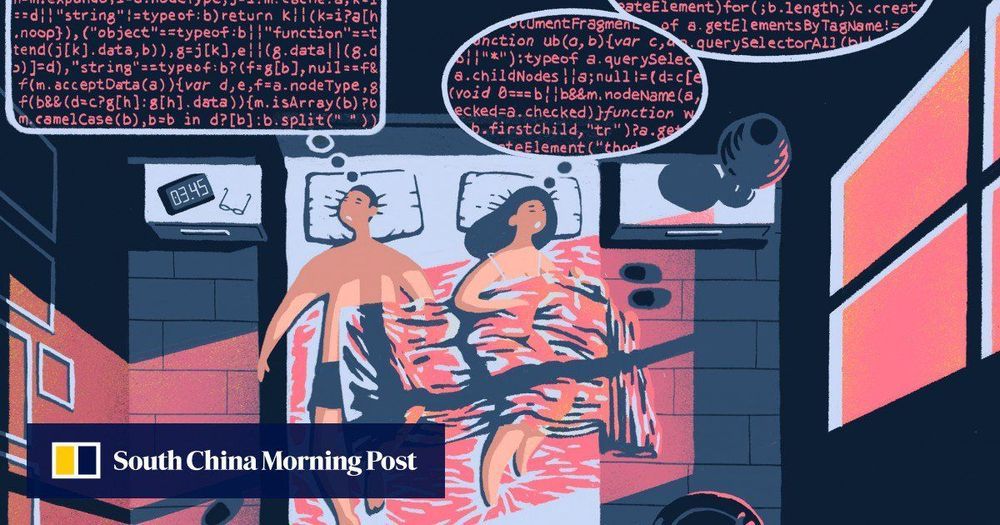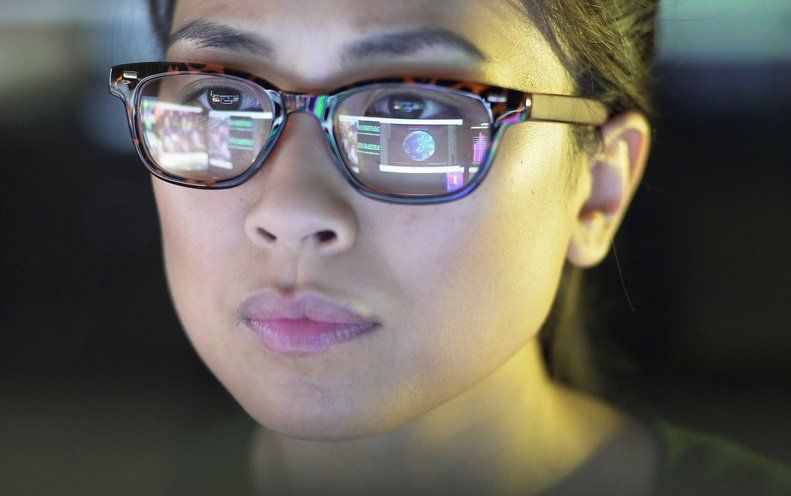South Korea will become the first country to commercially launch fifth-generation (5G) services as it rolls out the latest wireless technology with Samsung’s new 5G-enabled Galaxy S10.
Category: internet – Page 273
My Experiences At Undoing Aging 2019
A personal report from the recent Undoing Aging conference in Berlin by Nicola Bagalà. The event saw many of the leading figures in aging research and rejuvenation biotechnology attend a packed conference which celebrates its second successful year.
Last Wednesday, I landed in Berlin, Germany at around 12:30. About an hour later, I was briefly in Cafè Alex, right next to the tapering TV Tower, where I met some of my colleagues from LEAF—some of whom I had never seen in person before—as well as other volunteers and members of HEALES, our friend organization. We were all there to attend the Undoing Aging 2019 conference, which would take place over the course of the next three days, bringing together experts and researchers from all over the world to discuss the latest advances, network, and share views on the biology of aging.
Thanks to video calls, meeting people face-to-face whom you’d only known through the Internet isn’t all that strange, but meeting people whom you had only read about or seen on YouTube still feels a little unreal, especially if these people are celebrities in their own field. Shortly after leaving Cafè Alex, we headed to our hotel to check in; Steve Hill and his wife Fatima—whose help over the course of my stay has been invaluable—were talking to the receptionist while Elena Milova and I were waiting right behind them. Elena and I were chatting about various things when a man who looked somewhat familiar walked through the doors; I wasn’t sure he was whom I thought he was, and as I glanced to Elena to ask for confirmation, I understood that he was indeed stem cell pioneer and AgeX CEO Mike West, who has been in the gerontology scene for quite a while now.

Mark Zuckerberg: The Internet needs new rules. Let’s start in these four areas
I’ve spent most of the past two years focusing on issues like harmful content, elections integrity and privacy. I think it’s important to define what roles we want companies and governments to play in taking on these challenges, so I wrote this op-ed laying out how regulation can help.
Tech nology is a major part of our lives, and companies such as Facebook have immense responsibilities. Every day, we make decisions about what speech is harmful, what constitutes political advertising, and how to prevent sophisticated cyberattacks. These are important for keeping our community safe. But if we were starting from scratch, we wouldn’t ask companies to make these judgments alone.
I believe we need a more active role for governments and regulators. By updating the rules for the Internet, we can preserve what’s best about it — the freedom for people to express themselves and for entrepreneurs to build new things — while also protecting society from broader harms.
From what I’ve learned, I believe we need new regulation in four areas: harmful content, election integrity, privacy and data portability.
The Futurists (1967) | Scientists Predict The 21st Century
The Futurists (1967), a panel talk by diverse experts on the future in the 21st century.
How close were they? What did they miss?
Discusses the physical, social, and economic forces which have contributed to world civilization. From the Internet Archive.

No sleep, no sex, no life: tech workers in China’s Silicon Valley face burnout before they reach 30
The Post spoke to tech workers in Zhongguancun and other parts of Beijing for a snapshot of what life is really like living in China’s Silicon Valley, as these tech hubs – home to internet giants like Baidu, Meituan and ByteDance – have been dubbed.
Life in China’s tech industry is not easy, with young employees and entrepreneurs battling burnout while also worrying about career ceilings and lay-offs.
SpaceX proves higher than necessary safety of Starlink constellation
In an electronic filing with the Federal Communications Commission (FCC), SpaceX has demonstrated a higher than necessary safety for their Starlink constellation satellites in terms of collision risk with other objects in orbit in the scenario that a Starlink satellite becomes uncontrollable after launch.
The filing, in response to FCC questions, reveals SpaceX’s upcoming space-based internet project carries a collision risk 2.1 times less likely than the accepted NASA standard.
The filing occurred on 13 March 2019 in response to a series of FCC follow-up questions from previous approvals and relates to SpaceX’s upcoming deployment of the first batch of Starlink satellites into an initial operational orbit of 550 km.
Everything automated – Farming in 5G
Agriculture becomes very easy when data controls the machines. 5G makes this possible because everything is connected. Explore your life in 5G! 5glife.tno.nl

The FCC Clears Experimental Frequencies to Pave Way for 6G
The news also comes after President Donald Trump tweeted last month that he wants “5G and even 6G” cell service in the U.S. “as soon as possible” — even though we don’t even have 5G service yet.
“Today, we take big steps towards making productive use of this spectrum,” Pai said in the statement. “This will give innovators strong incentives to develop new technologies using these airwaves while also protecting existing uses.”

Beto O’Rourke could be the first hacker president
Democratic presidential candidate Beto O’Rourke has revealed he was a member of a notorious decades-old hacking group.
The former congressman was a member of the Texas-based hacker group, the Cult of the Dead Cow, known for inspiring early hacktivism in the internet age and building exploits and hacks for Microsoft Windows. The group used the internet as a platform in the 1990s to protest real-world events, often to promote human rights and denouncing censorship. Among its many releases, the Cult of the Dead Cow was best known for its Back Orifice program, a remote access and administration tool.
O’Rourke went by the handle “Psychedelic Warlord,” as revealed by Reuters, which broke the story.

The Internet Knows You Better Than Your Spouse Does
The traces we leave on the Web and on our digital devices can give advertisers and others surprising, and sometimes disturbing, insights into our psychology.
- By Frank Luerweg on March 14, 2019